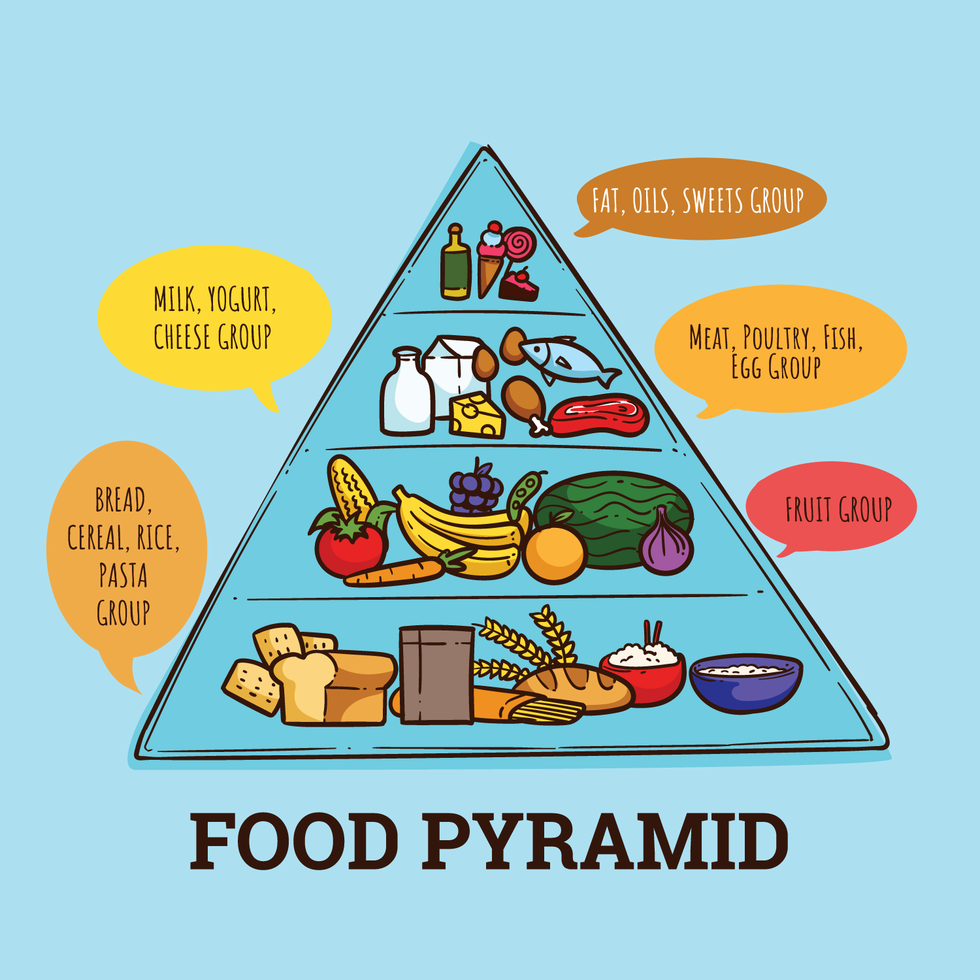
For decades, the food pyramid has been a staple in nutritional guidance. However, recent research is delving deeper into the world of macronutrients – carbohydrates, proteins, and fats – and their nuanced effects on our energy levels and overall well-being. This article dismantles the one-size-fits-all approach and explores the exciting frontiers of macronutrient research.
Macronutrients: The Building Blocks of Energy
Carbohydrates, proteins, and fats are the workhorses of our diet. Each provides our bodies with energy, measured in calories, but in distinct ways:
- Carbohydrates: Our body’s preferred source of readily available energy. They break down into glucose, which fuels our cells, muscles, and brain. Simple carbs like sugars offer a quick burst, while complex carbs like whole grains provide sustained energy.
- Proteins: The building blocks of tissues and essential for cellular repair and growth. They also contribute to satiety and hormone regulation.
Read more about Proteins
- Fats: Often demonized, healthy fats provide sustained energy, support cell function, and aid in vitamin absorption.
Moving Beyond Ratios: Personalized Macronutrient Needs
The traditional focus on macronutrient ratios (e.g., 50% carbs, 20% protein, 30% fat) is being challenged. Emerging research suggests individual needs vary based on:
- Genetics: Some people are genetically predisposed to process carbs or fats more efficiently.
- Activity Level: Highly active individuals require more overall calories, with a greater emphasis on carbs for immediate energy.
- Metabolic Health: Individuals with conditions like diabetes may benefit from a more controlled approach to carbohydrate intake.
The Macronutrient Spotlight: New Findings, New Possibilities
Let’s delve into the latest research on each macronutrient:
- Carbohydrates: The focus is shifting from simply avoiding carbs to understanding the type and quality. Complex carbohydrates with high fiber content promote gut health, regulate blood sugar, and keep us feeling fuller for longer.
- Proteins: Research suggests protein timing may be crucial. Spreading protein intake throughout the day, particularly before and after exercise, promotes muscle building and repair.
- Fats: Healthy fats from sources like avocados, nuts, and olive oil are being recognized for their anti-inflammatory properties, positive impact on cognitive health, and role in hormone production.
Optimizing Your Macronutrient Balance
While there’s no single “best” macronutrient balance, here are some tips for creating a personalized approach:
- Track your macros: There are many free apps and online tools to help you track your macronutrient intake.
- Focus on whole foods: Prioritize unprocessed, nutrient-dense foods across all food groups.
- Listen to your body: Pay attention to how different foods affect your energy levels, mood, and digestion.
- Consult a registered dietitian: They can create a personalized plan based on your individual needs and health goals.
The Future of Macronutrients: Precision Nutrition on the Horizon
The field of nutritional science is rapidly evolving. Personalized recommendations based on individual genetic makeup, activity levels, and gut microbiome are on the horizon. This “precision nutrition” approach holds immense promise for optimizing energy levels, promoting well-being, and potentially preventing chronic diseases.
By moving beyond the limitations of the food pyramid and embracing the science of macronutrients, we can unlock a new level of control over our energy and overall health. By understanding our individual needs and making informed dietary choices, we can create a personalized eating plan that fuels our bodies and allows us to thrive.





